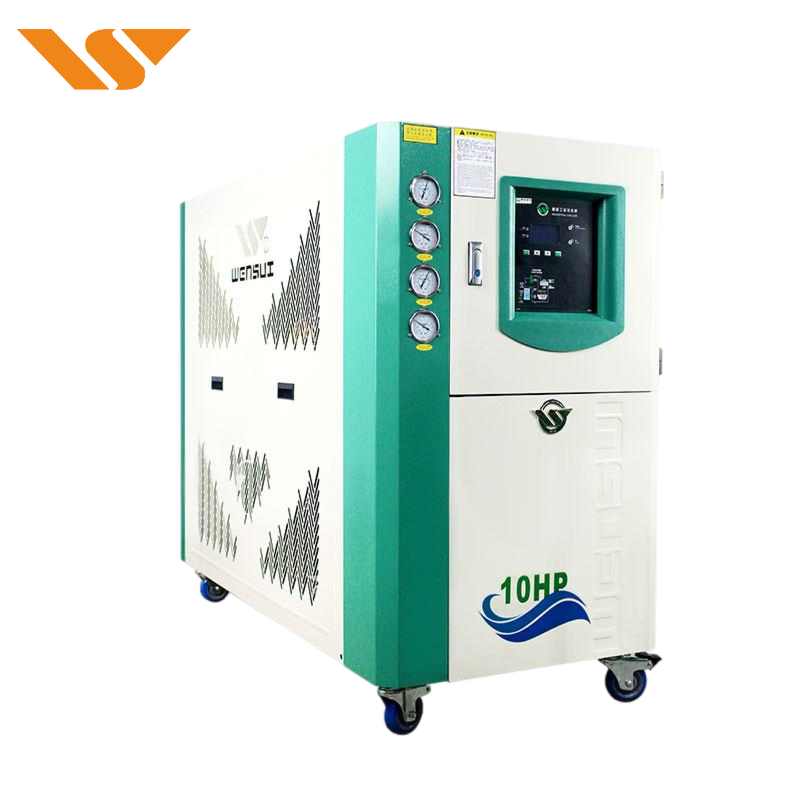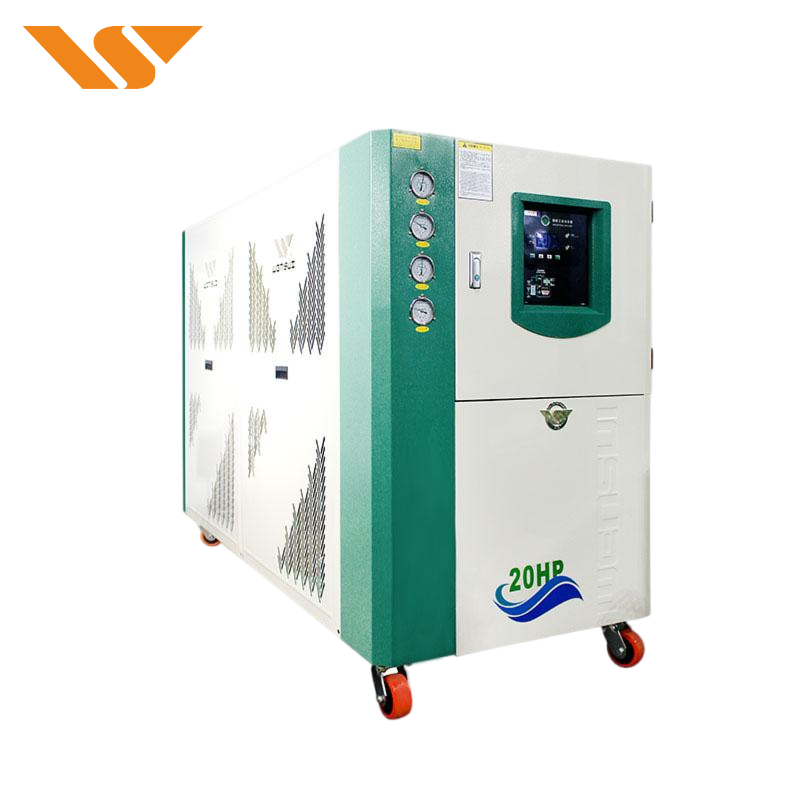Choosing Industrial Chillers: Key Factors for Optimal Performance and Efficiency
2024-01-06 Page view:
The growing number of water chiller manufacturers provides various options for industries requiring refrigeration equipment. Industrial chillers play a crucial role in controlling temperatures within specific ranges, offering stable cooling effects suitable for diverse applications.like plastic industry,Mechanical & Engineering, Chemical & Pharmaceutical, Food & Beverage, Laser, Electronics industry, Textile, Electroplate, Semi-conductor testing, Water jet, Vacuum coating, Construction and Military.... However, selecting the right chiller model from different manufacturers involves considering six essential factors.

Temperature Range:
When choosing an industrial chiller, it's essential to align with the specific temperature requirements of the production process. Different industries, such as air conditioning and low-temperature engineering, have distinct needs, impacting the selection of appropriate chillers.
Refrigeration and Single-Machine Capacity:
The cooling capacity of a chiller directly influences the energy consumption and overall economic efficiency of the unit. Designing a cold station often involves selecting a reasonable number of units based on production needs to ensure continuous operation even if one chiller undergoes maintenance.
Energy Consumption:
Consideration of energy consumption, including electricity and gas, is crucial, particularly for large industrial chillers. Comprehensive energy utilization and balance, including waste steam and heat, are vital for achieving optimal economic results in large refrigeration stations.
Environmental Protection:
Environmental concerns are paramount when selecting an industrial chiller. Factors such as noise production during operation, the toxicity and flammability of refrigerants, and the impact on the ozone layer must be taken into account for production, scientific research, and daily life requirements.
Vibrations:
Chiller vibrations are inherent during operation, but their frequency and amplitude vary. If anti-vibration requirements exist, selecting a chiller with minimal amplitude or applying vibration reduction treatment to the foundation and pipes is advisable.
Quality of Cooling Water:
The quality of cooling water significantly affects the heat exchanger, with scaling and corrosion posing risks to equipment. Maintaining proper water quality is crucial to prevent issues such as reduced cooling capacity, heat exchange tube blockage, and equipment damage.

By considering these six factors, industries can make informed decisions when choosing industrial chillers, ensuring optimal performance, efficiency, and environmental responsibility.



